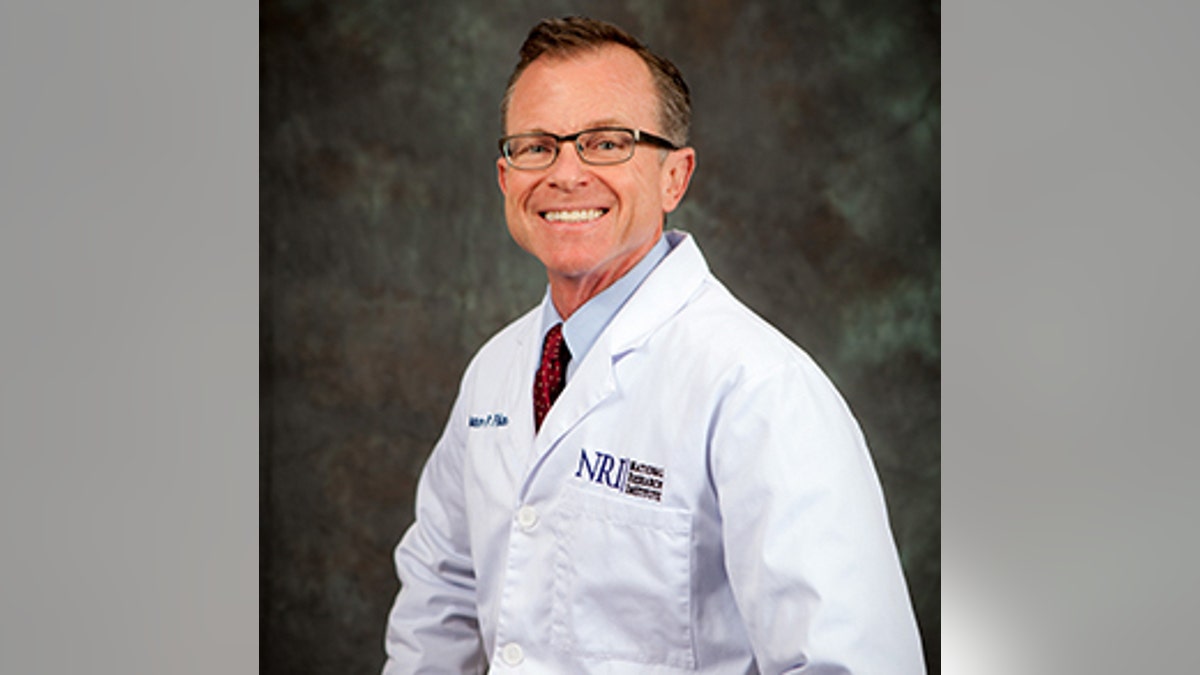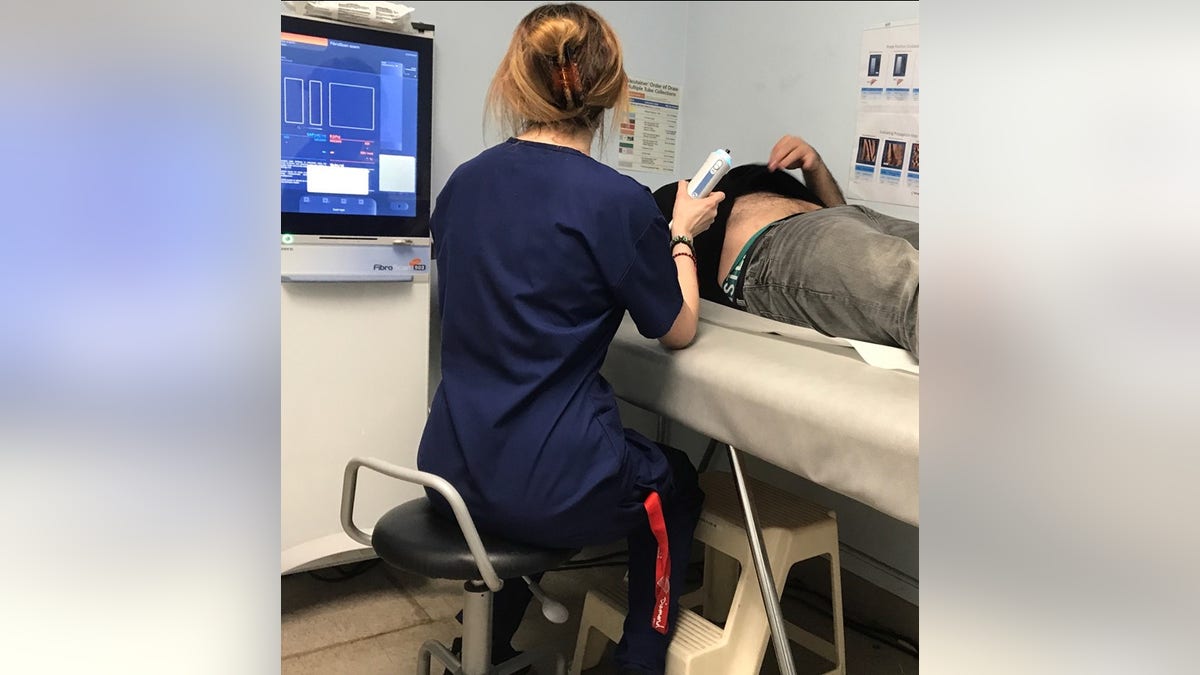Fox News Flash top headlines for August 7
Fox News Flash top headlines are here. Check out what's clicking on Foxnews.com.
Certain medical conditions raise the risk for more severe COVID-19 disease, and one doctor is raising awareness of a widespread liver condition that may be unfamiliar to some.
Nonalcoholic fatty liver disease is a leading cause of chronic liver disease and, according to Dr. Juan Frias, affects nearly one in three U.S. adults. Frias is an endocrinologist with the National Research Institute in Los Angeles.
Fatty liver disease occurs when at least 5% of a person’s liver weight is comprised of fat. When too much fat starts accumulating in the liver, the liver creates an immune response, attacking the fat and potentially resulting in scarring or fibrosis, Frias explained.
PARASITIC INFECTION OUTBREAK IN TEXAS SICKENS 82 PEOPLE
Not all patients with fatty liver disease experience symptoms, but severe scarring can lead to cirrhosis, which can worsen to end-stage liver disease, potentially necessitating a liver transplant.

Dr. Juan Frias, endocrinologist with the National Research Institute in Los Angeles, warns of fatty liver disease amid the coronavirus pandemic. (Photo credit: National Research Institute)
Fatty liver disease is most common among people with obesity and Type 2 diabetes.
The CDC’s list of medical conditions predisposing for more severe COVID-19 disease includes cancer, obesity, Type 2 diabetes, and serious heart conditions. Frias warns that patients in high-risk categories may have fatty liver disease as well.
While it’s unclear whether fatty liver disease itself raises the risk of more severe COVID-19 symptoms, or if the risk stems from the fact that these patients are usually older with other chronic medical conditions, Frias says these patients are currently at increased risk of having poorer outcomes.
“Diabetes and fatty liver commonly occur with obesity and that is a tough combination with battling COVID-19," Dr. Douglas Dieterich with Mount Sinai’s Division of Hepatology, told Fox News.

A patient undergoes a FibroScan to assess the liver at the National Research Institute in Los Angeles. (Photo courtesy of Dr. Juan Frias)
WHY SOME PEOPLE MAY NOT NEED 8 HOURS OF SLEEP, ACCORDING TO A NEW REPORT
Frias advises those in high-risk categories, especially Type 2 diabetes and obesity, to have a discussion with their clinician about fatty liver disease.
“I think it’s important to know if you have or don’t have fatty liver disease, just like it’s important to know if you have Type 2 diabetes,” he said, adding that ultrasounds and blood tests can give an indication of fatty liver disease and also assess the degree of fibrosis, when applicable.
Fortunately, Frias says the liver is a “forgiving” organ, and losing about 7% to 10% of total body weight can restore a fatty liver to a healthier, normal state -- though the weight loss must be maintained, he warned.








































